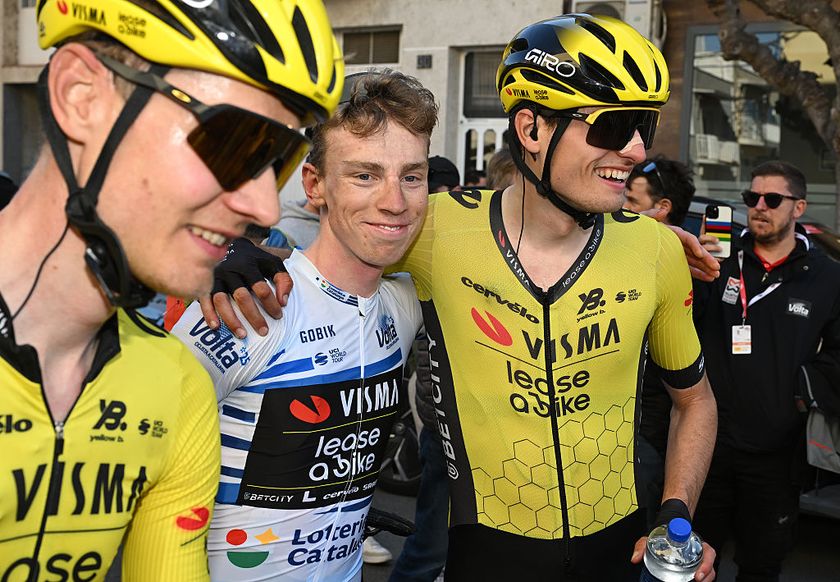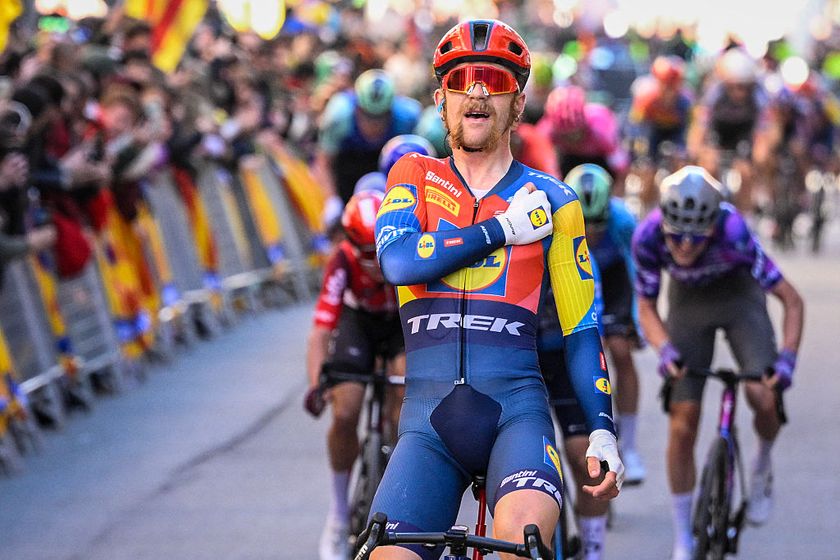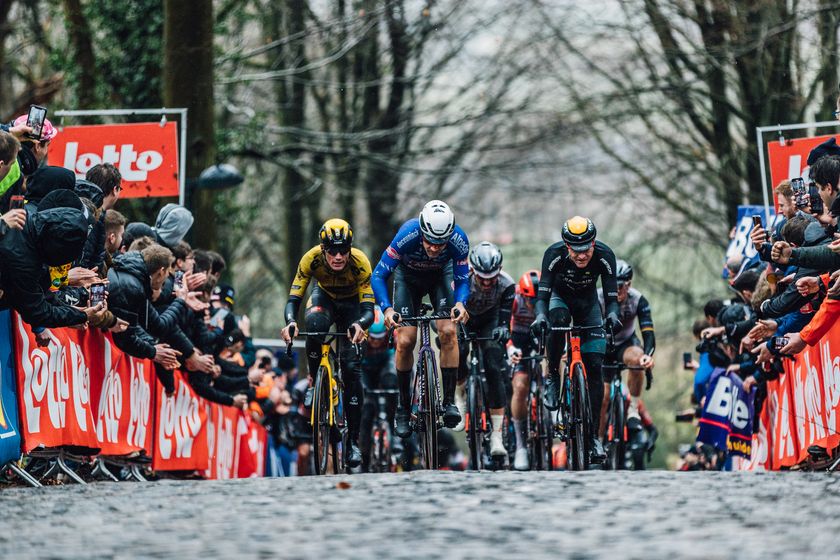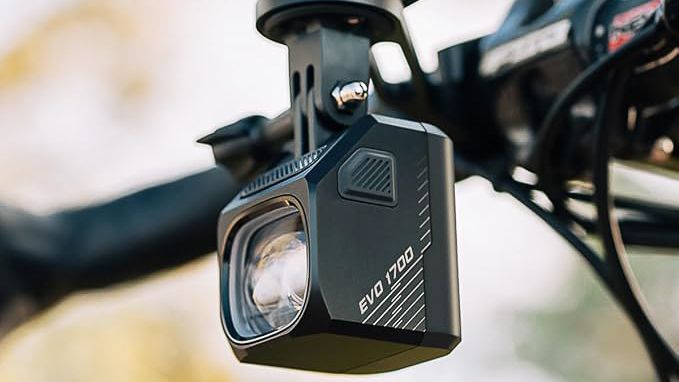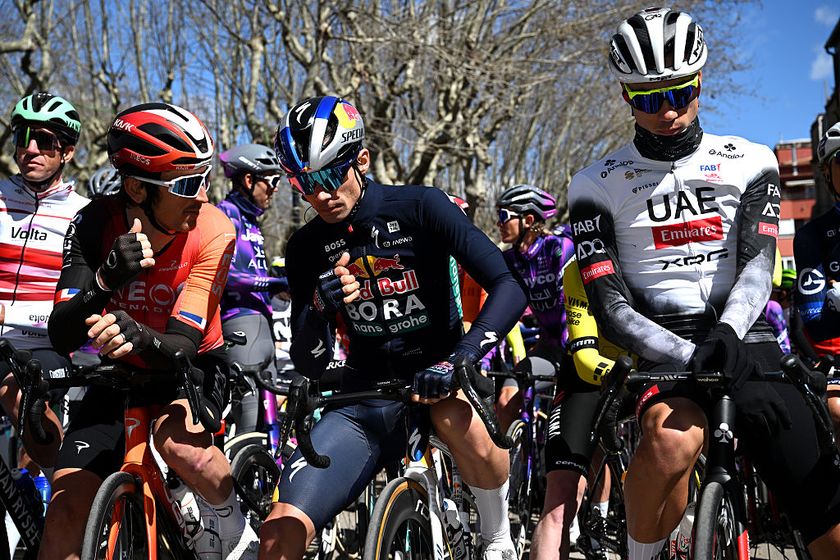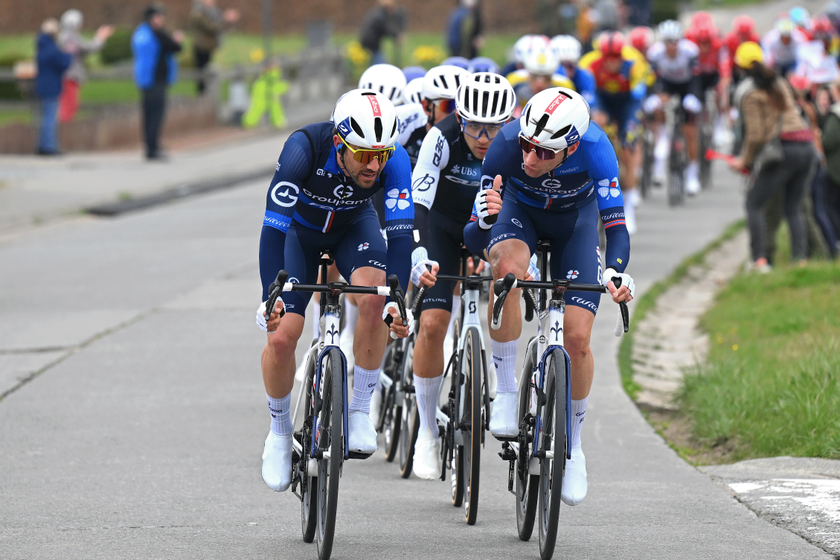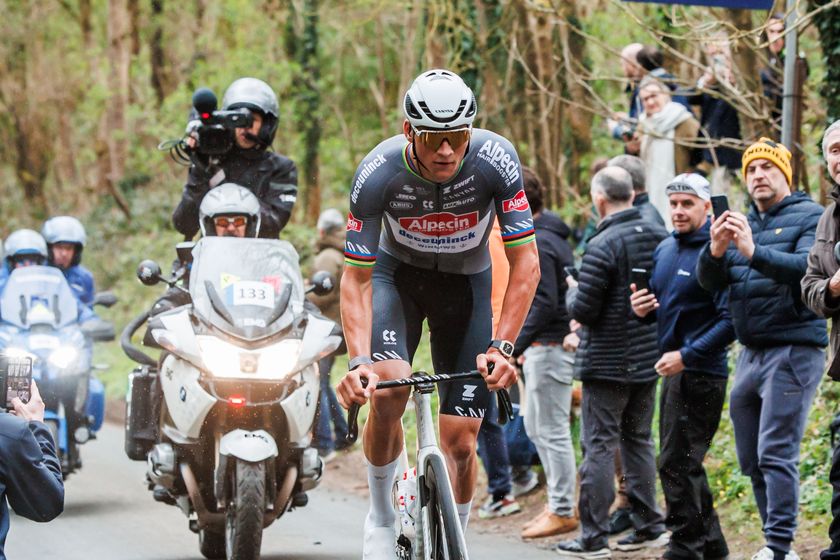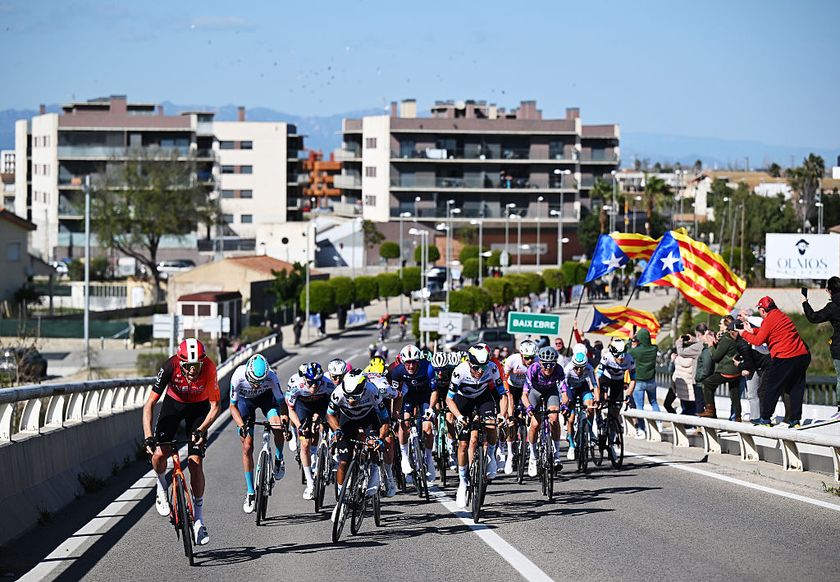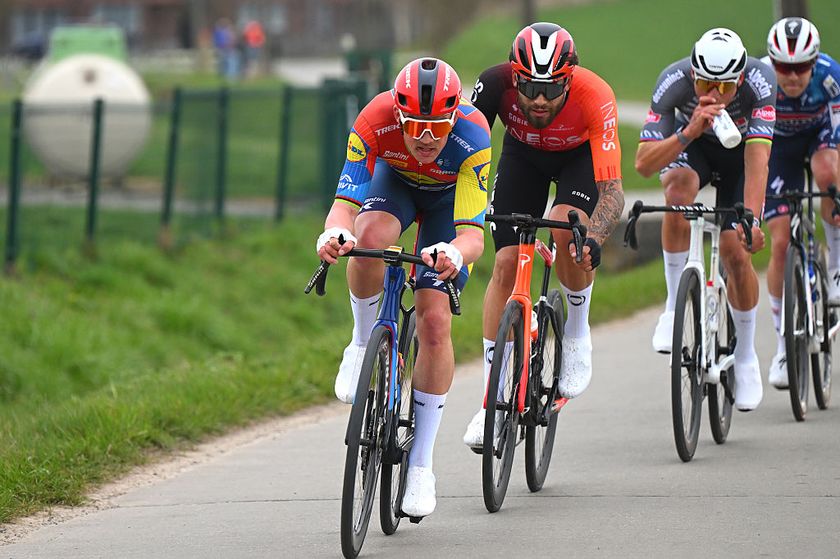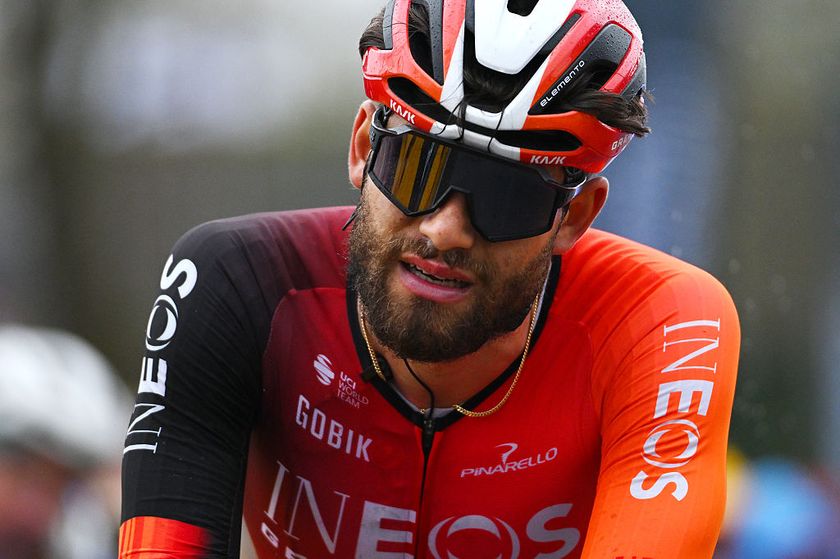Vuelta stage 8 preview: Race returns to brutal climb of Xorret de Cati
Ultra-steep 'wall', last used in 2010, certain to see GC battle return





After a seven-year absence, stage 8 of the Vuelta a Espana sees the race return to a finish at the Xorret de Catí climb, one of the most brutally steep ascents in southern Spain.
Xorret de Cati is considered to all extents and purposes to be a summit finish, the second of nine in this year's Vuelta. This is because the descent afterwards is a very short one - less than three kilometres - and is so fast that whatever gaps there are at the top tend to remain in place by the finish. And gaps there will be, for sure.
Even without attacks, the five kilometre climb is so steep, with its three mid-section kilometres never dropping below 11 per cent and rising to 18 per cent at one point, that it is all but impossible for the peloton to keep together on the climb.
First tackled in 1998 the Xorret de Cati finish has always followed the same format: after a long approach on relatively flat roads, the route passes through the town of Castalla, then almost immediately tackles the climb itself on a narrow single-lane road. This is followed by a fast descent, a last kilometre of downhill and flatter roads to the finish. In 1998, the year it was first used, the erratic climbing genius Jose María Jiménez took the win (and a certain Lance Armstrong finished fourth), and in 2010, David Moncoutie, four times the Vuelta's King of the Mountains winner, made it over the summit and onto victory.
Basque Igor Anton (Dimension Data) took the race lead that stage in 2010, and he held it, barring one brief interlude, all the way to the northern coast and Peña Cabarga six days later, where the Basque crashed badly at the foot of the tough ascent where, as it happens, Chris Froome won last year. The 2010 stage had a grim beginning, with a minute's silence being held after the death of Txema Gonzalez, and Team Sky pulling out of the race en masse.
This time round Sky are very much present on the race and Froome is the Vuelta leader but Anton, as he tells Cyclingnews, recalls the Xorret de Cati ascent perfectly. Seventh on the stage he took over in the lead, tied on time with Joaquim Rodriguez.
"It's a very tough climb, very steep but the thing that really makes you suffer there is if there is hot weather. Because it's inland in Alicante and August, it can end up being like a furnace in there. It feels like it's impossible to breathe."
Get The Leadout Newsletter
The latest race content, interviews, features, reviews and expert buying guides, direct to your inbox!
Temperatures are currently predicted to hit around 35 degrees, so the heat could be an extra challenge this afternoon.
"It makes for about ten or 12 minutes of climbing, and being well positioned at the foot is really important, just like it was in the Santa Lucia ascent on Wednesday. It's constantly hard, there's a bit of a false flat going up for a couple of kilometres, but then after that it suddenly ramps up and there's no respite.
"There's a lot of loose chippings on the climb's road surface. And if it's anything like seven years ago, the crowds really cram themselves in, it's very hard to maneuver, because it's narrow. But once you've got a position in the line, then you're ok.
"But your teammates can't really help you there, it's so steep and you find your own pace. Basically it's an uphill time trial. I suffered a lot on the ascent, but I could just hang on.
"If you've got ten seconds at the top then you should be able to stay away. It's not that complicated a descent, two bends where you have to brake, but not too fast at first then maybe a kilometre dropping down quickly before it eases out again for the last part.
"There will be gaps. Oddly, me and Purito were really equally matched on the climb. I went up with him and [Vincenzo] Nibali, who won the race overall and we finished together. But I was lucky to get the lead though because Purito had snatched a second at a time bonus in a sprint and that put him ahead of me on GC.
"But just before the sprint, Philippe Gilbert, who had been leading, had crashed and they cancelled the time bonuses as a result. If that hadn't happened, Purito would have been race leader."
Eleven seconds ahead of Esteban Chaves (Orica-Scott) Chris Froome (Team Sky) has successfully defended his narrow lead on the race's one summit finish so far with few of his rivals able to match him consistently.
Thursday's show of strength from Alberto Contador (Trek-Segafredo) was spectacular but had no significant effect on the GC. The Briton has predicted a "big GC battle" on the Cati, and as race leader and the strongest climber so far, there's no doubt who will be the key reference point.
Alasdair Fotheringham has been reporting on cycling since 1991. He has covered every Tour de France since 1992 bar one, as well as numerous other bike races of all shapes and sizes, ranging from the Olympic Games in 2008 to the now sadly defunct Subida a Urkiola hill climb in Spain. As well as working for Cyclingnews, he has also written for The Independent, The Guardian, ProCycling, The Express and Reuters.
